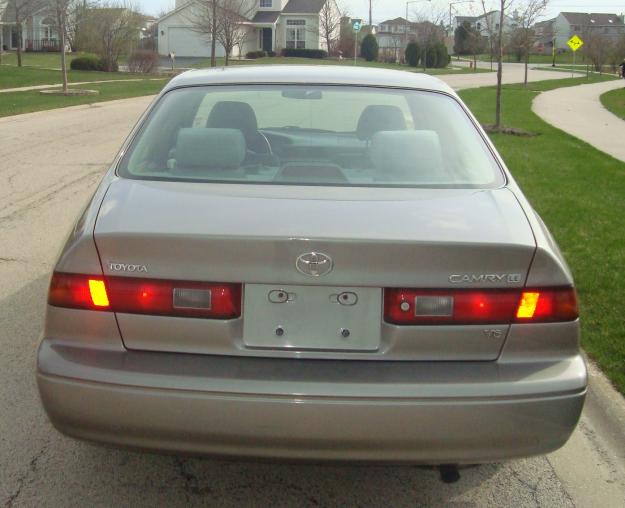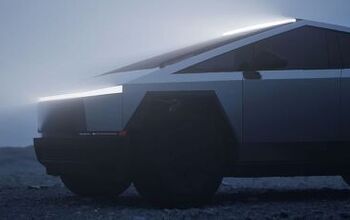QOTD: Four On Six? (Or Boost?)
Once upon a time, there was the Accord. It had sixty-eight horsepower from 1.6 liters of four-cylinder power. And the consumer saw that it was good, and the Additional Dealer Profit stickers spread far and wide across the land. The Eye Of Toyota, concealed within the fortress of Toyota City, saw the Accord and commanded the Camry to be built. It was bigger and more powerful, but it was also powered by four cylinders.
The General Motors X-Body and A-Body, to say nothing of the Ford Tempo and Mercury Topaz, could be had with a V-6, but it mattered not, for not a single Accord buyer in history ever decided upon a Cutlass Ciera as an alternative. But then, one day, Toyota raised the stakes.
And thus the pattern of the marketplace was fixed. In the world of mid-sized sedans, you must offer a four and a six. The six is there to anchor the top of your lineup, to provide a near-luxury experience for buyers who are downgrading from the Europeans, to benefit from the pre-existing synergies with the Lexus or Acura variant of your mid-sizer which has to have a six. The four is there for customers to actually purchase in measurable volume. Over the past two decades, the 80/20 rule has held generally true, with the four gaining a little more ground, perhaps to 90/10, as fuel prices increase and real-world purchasing power drops.
All was well until the Koreans decided to throw salt in the game with the turbo-four Optima and Sonata. General Motors promptly followed them over the cliff with the Malibu Turbo. Ford decided to provide two turbo engines for the Fusion, one of them the same displacement, more or less, as that original 1977 Accord but making two and a half times the power.
This is the most choice we’ve had in the midsizer market since… well, since ever, really. It’s a shame nobody’s offering a wacky-weed eight-cylinder anymore (pour one out for the Taurus SHO, the Impala SS, and the Passat W8) but right now you can get anything from a force-fed 1.6L to a silky-smooth 3.5L V-6. What would you pick? What’s the best mix of fuel economy and power? Will the turbo four kill the V-6, and if so, why don’t the Japanese know this?
More by Zombie McQuestionbot
Latest Car Reviews
Read moreLatest Product Reviews
Read moreRecent Comments
- SCE to AUX I hope they're buying good lawyers, too.
- SCE to AUX Nothing to see here. Gas prices 2021-23 were the same as they were in 2007-2008, adjusted for inflation. The R's were in charge then.https://www.randomuseless.info/gasprice/gasprice.html
- VoGhost Just reminding us all that we have to tolerate dealers (many of whom are billionaires) in the US if we want new legacy ICE vehicles because the dealers pay for the campaigns of local politicians, with our money.
- 1995 SC I'm still trying to get past the fact that the Red Bull guy is married to a Spice Girl.
- Ravenuer Not into F1. Started watching NASCAR back when they raced actual cars. (yeah I'm that old). Not any more. They aren't "stock cars" now. Not even close. Even drag races don't interest me anymore. Races are over in 3 seconds.


































Comments
Join the conversation
90% of V6 Accords and Camrys are never used to their potential. I made the decision on a four cylinder Accord. Going from a green light, I'm five car lengths ahead of every other car on the road. Every. Single. Time. I prefer economy in my beigemobile, saving the money for a big engine in my 2nd 'fun' car.
Father in law bought a Camry V6 XLE new in 97, never used it for anything useful that a 4 couldn't do, he just bought it because it is "top of the line" and it is "almost a Lexus" on paper. Fast forward to 2014, the car is much more expensive to maintain due to the V6's extra work on spark plug, belts, and harder to replace leaky gasket, and most importantly HORRIBLE FUEL ECONOMY. The same happen to my dad who bought a 2001 Ford Taurus Vulcan in 2002 for $11k I'll never buy a V6 ever in my life if 4 is available on the same car. I'd even pay more to get a 4 cylinder instead of a 6.